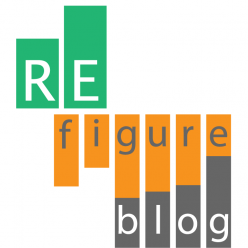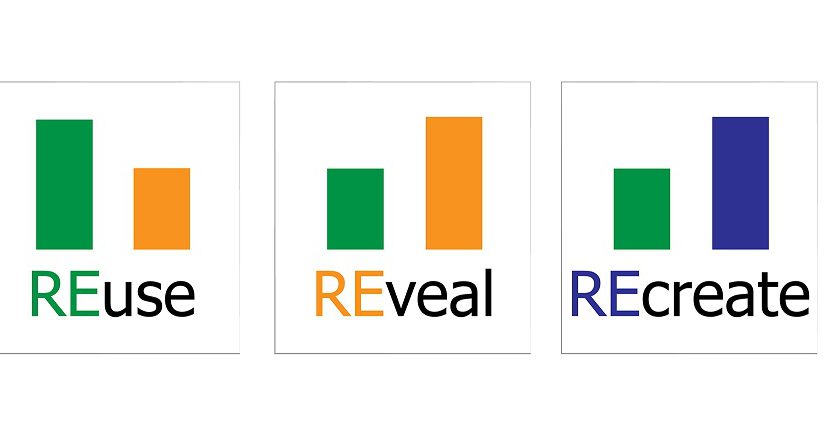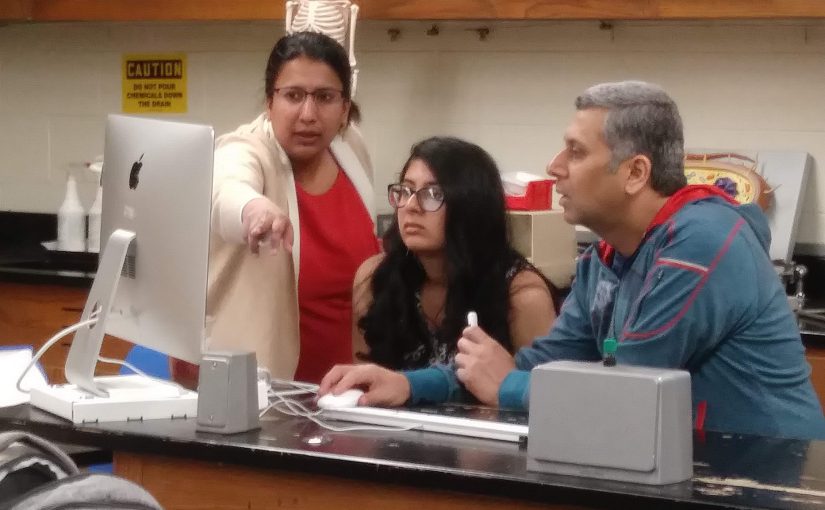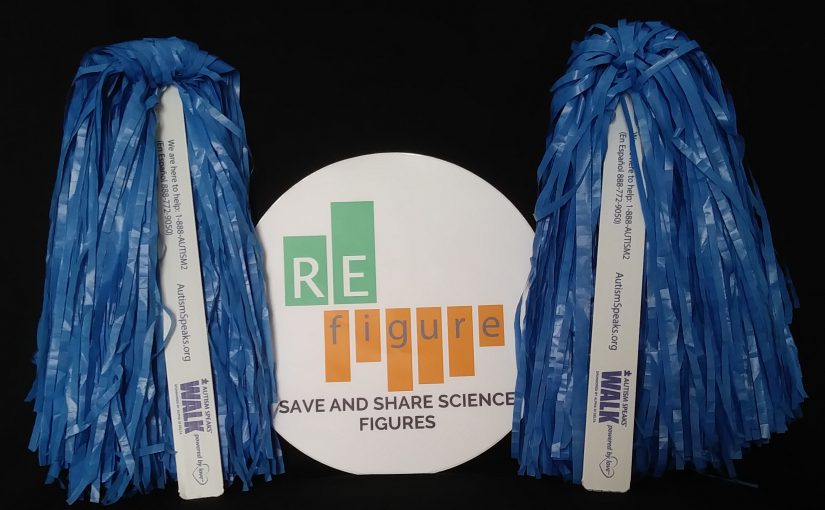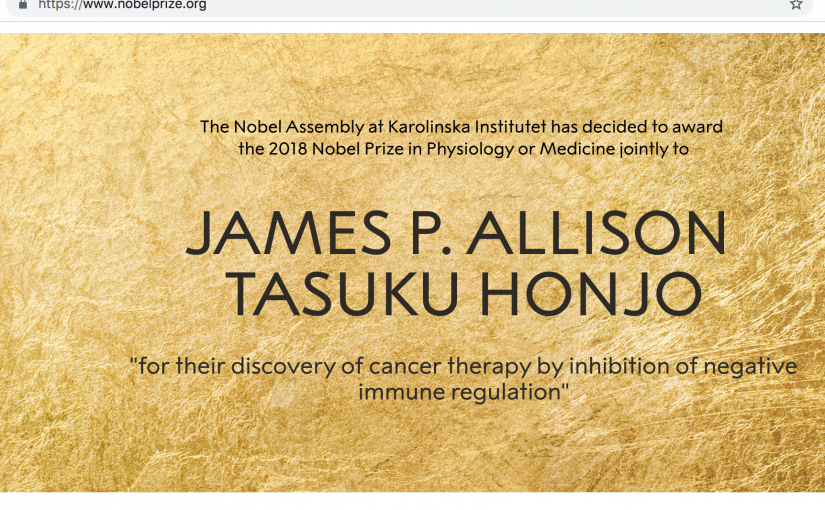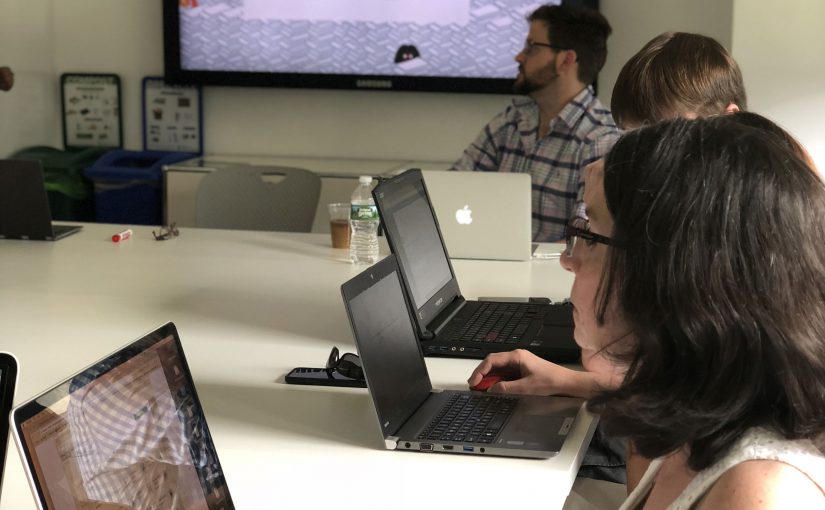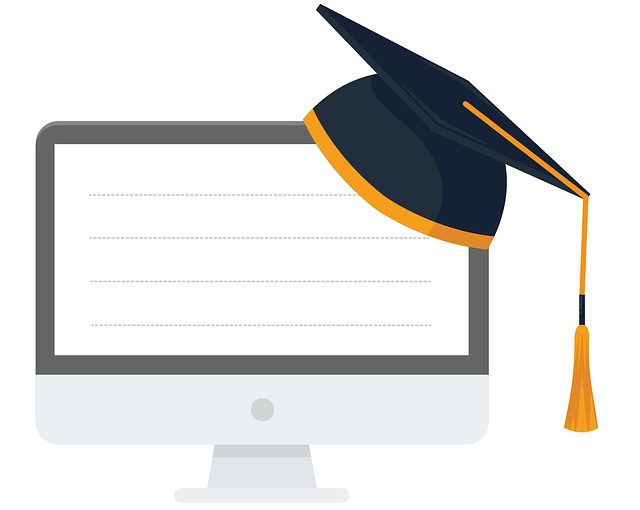This is Cancer Immunotherapy month and we are thinking a lot about our own research and how tools like Refigure can help. Here is a list of examples where our community and users have disrupted information silos using ReFigure. Continue reading How can ReFigure break information silos?
Category: Uncategorized
Cambridge Science Festival Presentation
Cambridge Science Festival is an annual event launched in 2007 by MIT Museum that includes various STEAM (Science, Technology, Engineering, Art, Mathematics) related activities. During this event, in collaboration with Bunker Hill Community College, ReFigure team hosted a hands-on workshop on how to read, understand and save scientific papers.
Continue reading Cambridge Science Festival Presentation
Reflections on 2018
This is a series of posts reflecting on ReFigure’s roadmap, past and present. The first post looks back on the key efforts of 2018.
Week 3: Tools and strategies to find papers and save your literature review
Last week, in the ReFigure Undergraduate Research Course (free, online, weekly-see intro) you were introduced to ReFigure. This week you will start saving your literature review. But how to find more papers? Continue reading Week 3: Tools and strategies to find papers and save your literature review
Autism advocacy
Autism is a complex neurobehavioral condition that is prevalently diagnosed in males. Main symptoms of the disease are difficulty in communication, decline in social interaction, hardships in language development (approximately one-third of people with autism are non-verbal) and presence of rigid, repetitive behaviors. In addition, autistic patients frequently suffer from Continue reading Autism advocacy
Week 1: Open Access and Introduction to Scientific Papers
These are the readings for the first week of the ReFigure Undergraduate Research Course. Continue reading Week 1: Open Access and Introduction to Scientific Papers
Nobel Prize 2018 in Medicine, ReFigured
This is Nobel Prize week, and it was kicked off in the early hours of this morning with the announcement of James Allison and Tasuku Honjo receiving the award in medicine for advances in cancer immunotherapy. As a scientist, it is amazing to see basic discoveries in the laboratory lead to real impact in patients; it is what fuels my passion for science. Today, cancer immunotherapy has given hope to cancer patients and pushed technology (like CARTs and gene therapy) to new frontiers that will continue to pay dividends for years to come. While the current hot applications of these immunological findings are in cancer immunotherapy, no small part of the early discoveries were in the fields of autoimmunity and infectious disease. Here at ReFigure, I’ve created a collection of two early findings in the Allison and Honjo laboratories along the road to the clinic. See the ReFigure I created here: https://bit.ly/2xQ7cq7
In the first, we see the application of the anti-CTLA4 antibody in a mouse model of melanoma. In this experiment, the anti-tumor effect is shown to be modulated by specific subsets of T cells and is improved upon blocking CTLA-4. I know from my direct experience with this model, that 60% survival at 70 days post challenge is remarkable! Today, patients with anti-CTLA-4 therapy are experiencing durable responses in the clinic. The experiment from Honjo shows early validation of PD-1 as a co-inhibitory signal in lymphocytes. Previous work in that laboratory had shown that an antibody to PD-1 could specifically stain activated T cells. This experiment shows that engaging PD-1 puts the breaks on lymphocyte activation. I know from direct experience with such in vitro assays, getting the concentrations just right to reveal the effect can be challenging (as you can see by the two doses shown). Today, anti-PD-1 therapy has inaugurated a boom for cancer immunotherapy with new discoveries being made every day. Enjoy this kickoff to Nobel prize week and try out ReFigure to re-mix experiments you find interesting!
Report on first Figure-a-Thon
June was Cancer Immunotherapy Month. ReFigure founders, James Akin and I are (also) bench scientists in this research area. We combined a desire to conduct cancer outreach with spreading awareness about novel tools such as ReFigure and Open Knowledge Maps by organizing a hack-a-thon style event with readers of scientific papers (scientists, patients, caregivers, citizen scientists). The reason we consider it hacking is that we tested innovative, disruptive and non traditional tools for papers whose formats have remained unchanged for decades. The barrier to entry for new readers can be extreme: not knowing where the knowledge can be found, or how to search for it using jargon filled language.
It was an immense learning experience for us; starting from not scheduling it before a potential holiday to managing the needs of such a diverse audience. Some of our expectations were unrealistic in hindsight. For instance, expecting attendees to create cancer ReFigures on the fly. Yet, we were amazed by the use cases that emerged within 90 minutes from a group of 12 people.
We reviewed Google search, Wikepedia, Pubmed and Clinicaltrials.gov as sources of information. Attendees learned about ReFigure, OKMaps and annotation using Hypothes.is. One citizen scientist and patient described how she had discovered a hidden set of highly relevant research by identifying new search terms on Pubmed. An assistant professor at a cancer hospital and research center said that “she spends hours reading papers and having ideas. But in the rush of her workday the ideas are lost as soon as she closes her browser. Refigure allows her to save and refine her ideas”. Our figure-a-thon also served a networking event where stakeholders were able to talk about their experience in researching cancer immunotherapy.
With this experience, we are planning more events that will help people interact with and remix scientific literature. If you have any suggestions or would like to be involved, please email us at contactrefigure@gmail.com.
Reasons/Opportunities to read primary literature in undergraduate coursework
For undergraduates, the experience of reading primary scientific literature mostly depends on their major, and the courses that they register for. Reading and understanding primary literature is quite a complicated process. Continue reading Reasons/Opportunities to read primary literature in undergraduate coursework
FC, IHC, IHC-p ?!!! how to choose an antibody at the vendor’s site

A description of all the techniques can be found in a companion post at https://www.antybuddy.com/blogs/7/how-to-choose-antibodies-for-your-application/
